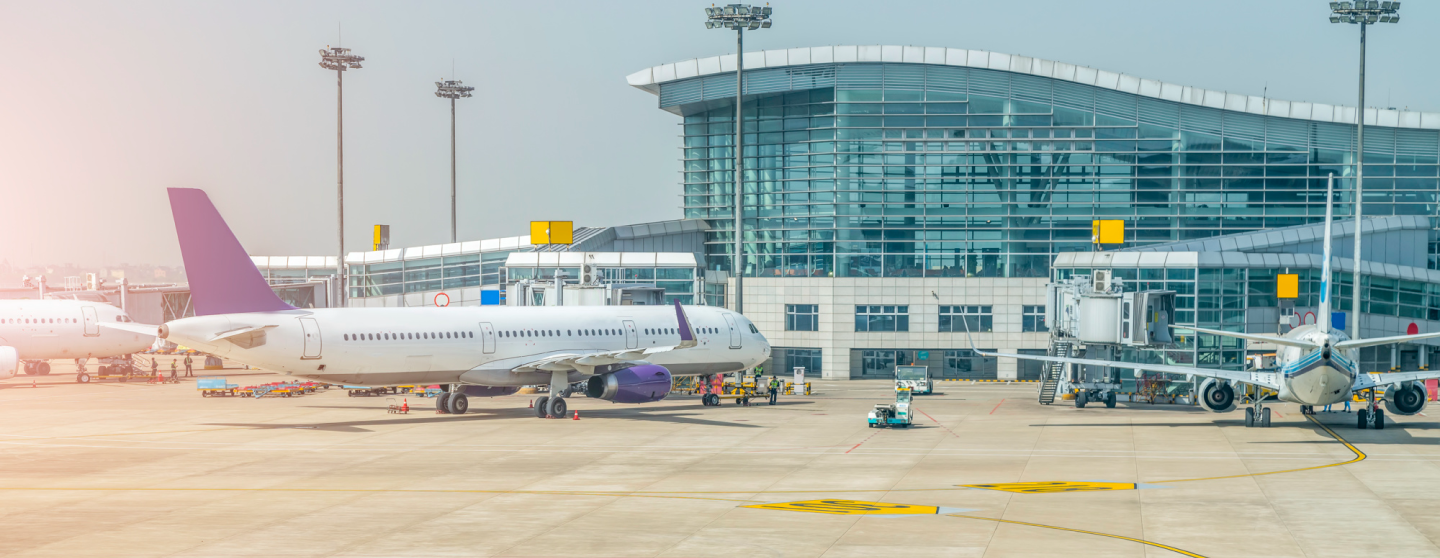Overview
What are some examples of critical infrastructure assets under the SoCI Act that might require security fencing?
It’s important to note that the decision of whether or not to install security fencing would depend on a range of factors, including the potential consequences of an asset’s failure, the likelihood of a security threat, and the cost-effectiveness of the measure.
Communication
Telecommunications networks and facilities
This includes mobile phone towers, internet exchange points, and data centres. Security fencing may be required to prevent unauthorised access and protect against theft or sabotage.
Data Centres
Data centres are considered critical infrastructure under the SoCI Act in Australia. Security fencing is required to prevent unauthorised access, protect against theft or sabotage, and ensure the safety of personnel and assets.
Defence
Military bases, research and development facilities, and supply chain and logistics
networks.
Security fencing may be required to prevent unauthorised access and protect against theft, sabotage, or terrorist attacks.
Energy
Electricity generation, transmission, and distribution infrastructure
This includes power plants, substations, and transmission lines. Security fencing is often used to protect these assets from physical intrusions, vandalism, and theft.
Food
Food processing and manufacturing plants, warehouses, distribution centers, and transportation and logistics networks
Security fencing may be required to prevent unauthorised access and protect against theft, vandalism, or sabotage.
The smart way to protect your residence and office
Secure Your Infrastructure Within SoCI Act
Financial
Banking and finance systems
This includes banks, financial institutions, and stock exchanges. Security fencing may be required to protect against physical intrusions, theft, and cyber attacks.
Water & Sewerage
Water supply, Sewerage treatment, and distribution infrastructure
This includes water & sewerage treatment plants, pumping stations, dams, weirs, reservoirs, lift stations, tanks, and pipelines. Security fencing may be required to prevent unauthorised access and protect against theft, vandalism, or sabotage.
Transport
Transportation networks
This includes airports, ports, railways, and roadways. Security fencing may be required to prevent unauthorised access and protect against sabotage or terrorist attacks.
Space Technology
Satellite ground stations, launch facilities, and mission control centers
Security fencing may be required to prevent unauthorised access and protect against theft, sabotage, or terrorist attacks.
Education & Research
Universities, laboratories, test facilities, and libraries
Security fencing may be required to prevent unauthorised access and protect against theft, vandalism, or sabotage. The security fencing can act as a physical barrier and allow for the implementation of other security measures.
Health & Medical
Health care facilities
This includes hospitals, clinics, and medical research facilities. Security fencing may be necessary to protect patients, staff, and sensitive medical equipment
from potential threats.


